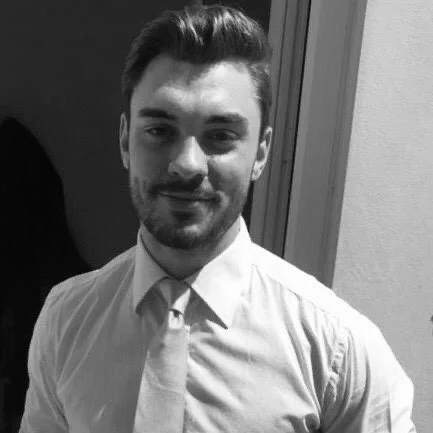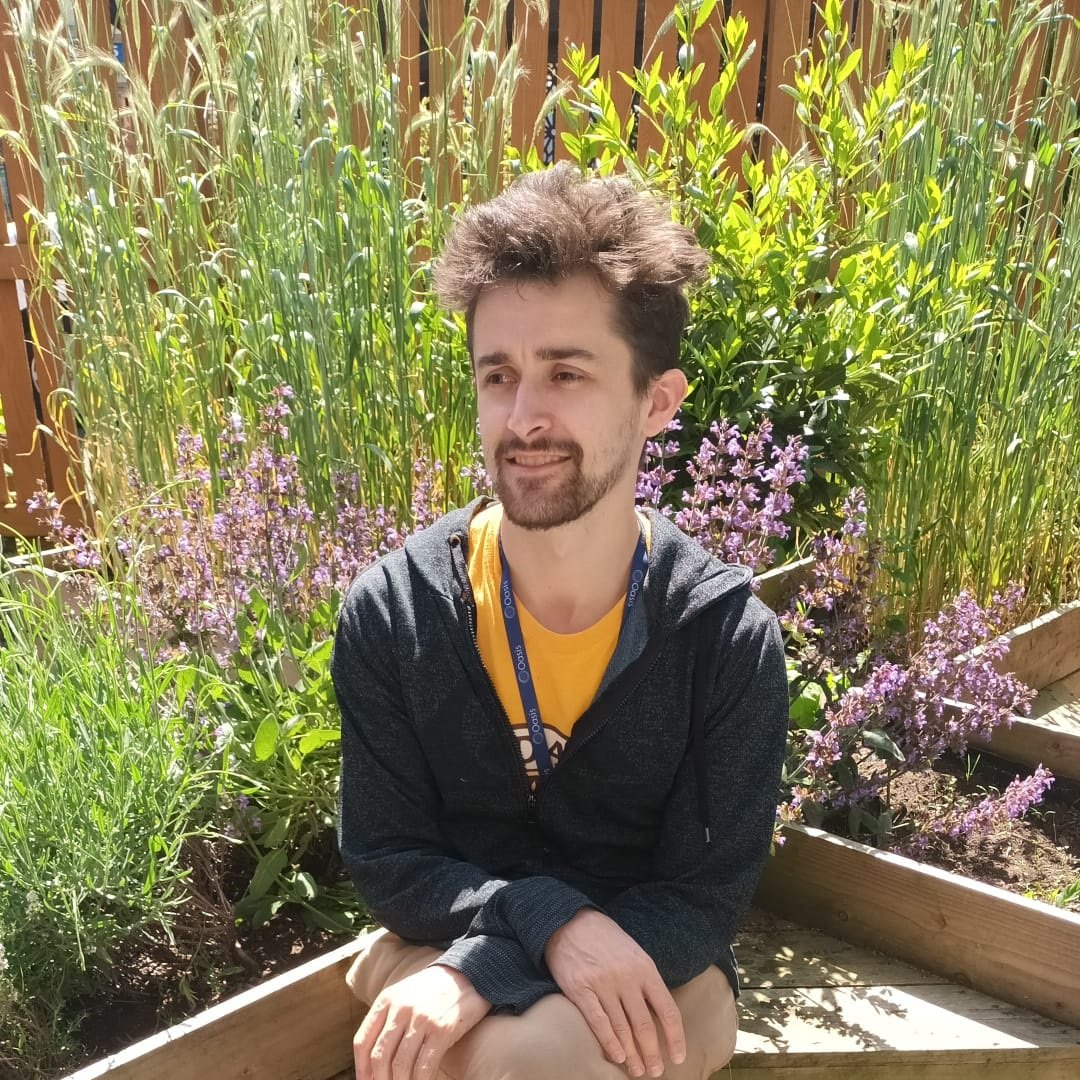The UK asylum system is not without flaws, but, as a signatory to the 1951 UN Refugee Convention, if an individual is granted asylum, they are given rights that are almost on par with that of a British citizen. The freedom this provides cannot be overstated and for many, it is the first step towards feeling at home in a place that you know has officially provided you with refuge. We often forget that for individuals seeking safety in countries that are not party to the Refugee Convention, their journey to refuge is far from over. This is laid bare in Indonesia, where only recently, Afghan refugees went to the extreme of sewing their mouths shut in a desperate bid to highlight their plight.
When presented with the facts, their actions become understandable. There are currently around 13,700 refugees in Indonesia, over half of whom are from Afghanistan. Many of these arrived there with the intention of moving on to another country but have found themselves stranded with very few rights and limited access to public services.
As Indonesia is not a signatory to the Refugee Convention, the government is not under any legal obligation to recognise refugees and asylum seekers (RAS) in the country. The UN Refugee Agency (UNHCR) is therefore tasked with assessing whether an individual qualifies for refugee status and it can then investigate comprehensive solutions, which include resettlement.
Whilst they wait, the UN’s International Organisation for Migration (IOM) fills the gap for the state in providing RAS within the country with basic necessities for life. The IOM were housing over half of all RAS in Indonesia as of 2020, and they provide essential medical care and access to some educational opportunities. Yet despite this support being better than that provided in detention centres, some RAS in Indonesia have reported that even in IOM housing there are limits on freedom of movement and association. This is in addition to the restrictions imposed by the Indonesian government.
RAS in Indonesia are unable to work, they do not have access to any financial benefits, and they are only covered for basic healthcare and early years of schooling for children. These limited rights lead to poor integration with local communities, which only further the hardships for those waiting to be resettled. The internal solutions are visible, with 42% of RAS stating that integration would be assisted by working alongside Indonesians, and 51% stating that even making an Indonesian friend could help. Nevertheless, the lack of recognition of these individuals through the Refugee Convention and Indonesian policies which paint RAS as second-class citizens, stifle any possibility of progress.
Afghan RAS in Indonesia from the Hazara ethnic group tend to be even more isolated, as most are Shia Muslims. Shia Islam is generally portrayed in a very bad light in Indonesian discourse. Local religious authorities routinely brand it a deviant sect, and even anti-Islamic. Indonesian Shia Muslims have been subject to attacks and killings, and their houses have been burnt down. In the modern-day, the internet allows for the spread of fallacious assumptions regarding Shia Muslims, worsening their reputation. In particular, marriages between Sunni women and Shia men are likely to be badly received by broader society. These sentiments only further the lack of safety that some RAS feel.
RUNNING OUT OF OPTIONS
With integration options within Indonesia being severely limited for RAS, many are left with only two long-term options. The first is voluntary repatriation to their country of origin; an option which very few refugees will decide to take. This is particularly so in Indonesia due to the high proportion of Afghan refugees in the country and the situation in Afghanistan that continues to unfold. The second choice, and the one which most RAS are trying to pursue, is resettlement to a third country. If achieved, resettlement offers the ability to start a new chapter in a country that can offer freedom and routes to citizenship. However, these potential benefits have led to a global resettlement system that is struggling to cope.
One of the most common ways to be resettled as a refugee is through the UNHCR. They receive submissions from refugees who need resettlement and work with third countries to accommodate these. Since 2011, the UNHCR has resettled over 730,000 refugees, but demand for resettlement has continuously outstripped the number of places available. It was predicted that in 2021, the number of refugees that still needed resettlement was almost 1.5 million, yet the number actually resettled by the UNHCR in 2021 was just short of 40,000.
The coronavirus pandemic has only added to these woes with the lowest resettlement figures in almost two decades being witnessed in 2020. These numbers have begun to increase again, but with two major movements of people from Ukraine and Afghanistan in the last two years, the slight recovery in resettlement figures could well be drowned out by demand.
In Indonesia, these issues mean RAS potentially having to wait years to be resettled. The UNHCR has also stressed to RAS in Indonesia that resettlement may never happen at all, adding to the woes of those left in limbo. This has led many to look at private sponsorship by groups of citizens in countries such as Australia and Canada. However, these schemes can be very costly for sponsors, are often hard to access for RAS, and offer limited places. This is particularly so in the case of Australia, where those granted entry to the country through the private sponsorship scheme are considered part of the country’s usual migration commitment rather than additional intake.
WHAT THE FUTURE HOLDS
The reality is that there is no simple solution for RAS in Indonesia and other countries that have not signed the Refugee Convention. The solutions that are visible would take significant policy change. Whilst the ultimate solution would be those countries ratifying the Refugee Convention, there seems to be little appetite for this, and in fact, some countries that are already signatories are actively trying to avoid their responsibilities under the Convention. However, this should not prevent countries such as Indonesia from rolling back some of the restrictions on RAS internally and moving towards policies that allow RAS to integrate into society.
Until this happens, the solution rests on a significant expansion of the resettlement process globally, both through the UNHCR and the development of further private resettlement schemes. In 2021, only 23 countries were accepting resettlement of RAS through the UNHCR, which is a significantly lower number than the 149 State Parties to either or both the Refugee Convention and its later Protocol. Emphasis should be placed on those remaining signatories to begin to resettle RAS, particularly western, Latin American, and East Asian nations which may be better placed financially to do so. Additionally, these countries should also look to develop private resettlement schemes along the lines of the model of Canada which would allow private citizens to take responsibility for some aspects of resettlement.
Tomos Owen works to facilitate refugee integration in Wales, having graduated with a Masters in Human Rights Law from Cardiff University.
Kirran works in asylum-seeker and refugee integration in South Wales. He holds a keen interest in cross-border solidarity, cross-cultural learning, and peacebuilding.


